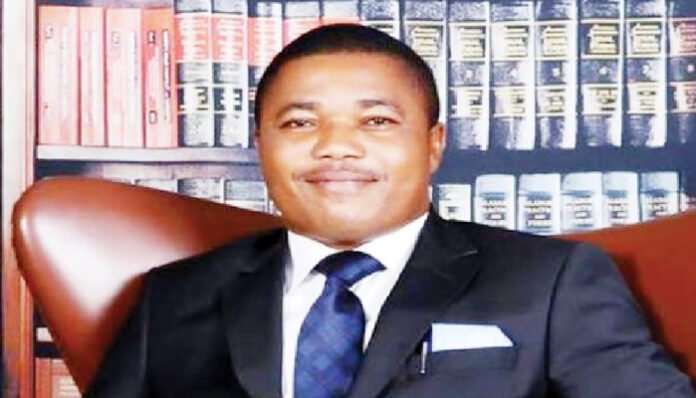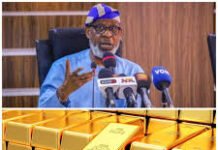A human rights lawyer and lead counsel for the Indigenous People of Biafra, Ifeanyi Ejiofor, has called on the Ndigbo to rise against killings and erosion of values in the South-East region.
In a statement he released on Monday, in Awka, Anambra State, Ejiofor appealed to Ndigbo to rise and cleanse their lands, adding that the value of life in the South-East has “sunk to chilling lows” due to the killings across the region.
The human rights lawyer was reacting to the Friday killings by yet-to-be-identified gunmen who invaded three communities of Umualoma, Ndiakunwanta and Ndiejezie in Arondizogu, Ideato North Local Government Area of Imo State, killing at least seven persons.
It was gathered that the gunmen on a motorbike shot the locals in Umualoma, Ndiakunwanta and Ndiejezie villages, leaving several people dead and several others critically injured.
Ejiofor, called on the authorities at the local, state, and federal levels, to rise beyond the confines of partisanship, fear, and self-interest and act swiftly to institute a security framework that protects, respects rights and restores peace.
He said, “This morning, I write with a heart heavy, shattered by grief, burning with rage, and aching with disbelief. As a son of Alaigbo and a custodian of our collective conscience, I can no longer watch in silence as our homeland descends into the abyss of horror and moral collapse.
“On Friday morning, in communities too familiar to us all; Obinetiti, Ndiejezie, Umualaoma, and Ndiakwuwata, all in Arondizuogu, Ideato North Local Government Area of Imo State, something utterly horrifying occurred.
“What unfolded in these peaceful communities was not just another act of violence. It was a brutal reminder of our crumbling humanity, a dark chapter that has carved an eternal scar into the soul of our people.
“A video emerged. I struggle to find the words to describe it. It was not just another footage of violence; it was a chilling documentary of state failure, the erosion of our values, and the slow, painful death of our shared humanity. That footage, too gruesome to share but forever etched in the minds of all who saw it, showed lifeless bodies strewn across the land: our brothers, our sisters, our elders, our youths. Mowed down. In cold blood.
“They were not armed. They were not criminals. They were not combatants. They were Igbos. They were human beings. Yet in one savage sweep, they were reduced to statistics. To silence. To corpses.
“This was not a random act of violence. It was genocide unfolding in real time. The screams were real. The blood was real. The deaths were real. And just as real, the deafening indifference of those in power. So I ask again, with searing urgency: Is there still a government in Imo State?
“Does governance still exist, or has it been replaced completely by brute force, impunity, and the silent complicity of those who once swore an oath to protect? Let it be said, without fear or favour: Alaigbo is bleeding. Alaigbo is burning. Alaigbo is dying.”
He lamented that those who should act have either turned away in silence or, worse, joined in the desecration, adding that the last time the region witnessed the scale of targeted extermination was during the Biafran War.
![]()










